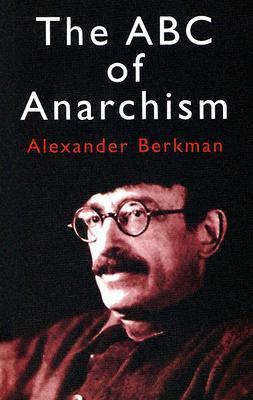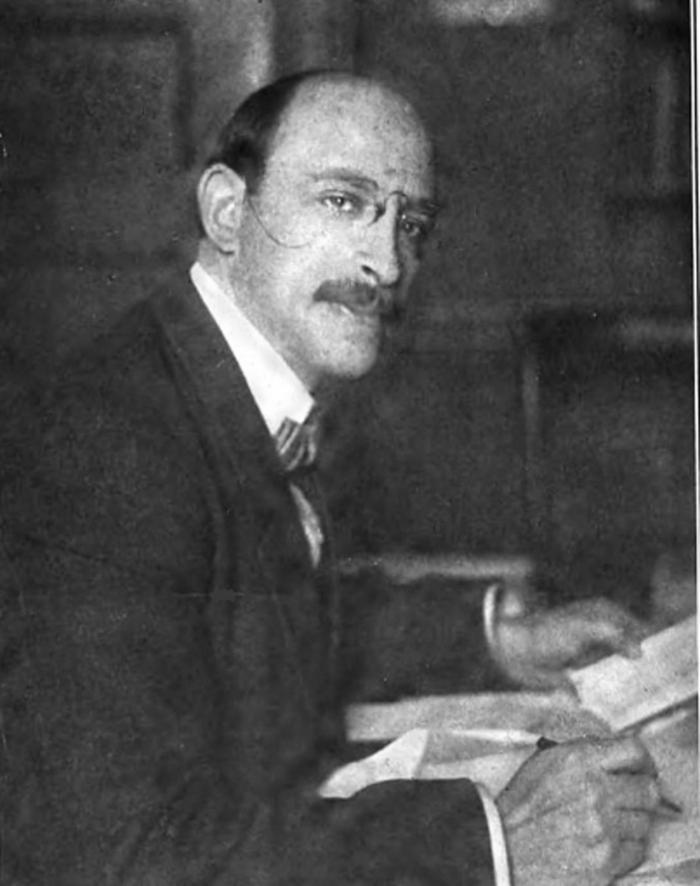
A gifted writer for the anarchist movement, Alexander Berkman left Russia for the United States in 1888 when he was eighteen. Thirty-one years later, after serving a prison term for an attempted assassination, he was expelled to the Soviet Union, a country which he eventually renounced. But before his repudiation of the Soviet system, Berkman attempted to answer some of the charges made against anarchism and to present its case clearly and intelligently. This book, first published in 1929, is the result of those efforts. Thorough and well stated, The ABC of Anarchism is today widely regarded as a classic declaration of the movement's goals and methods. For those who have questions about anarchism, Berkman provides lucid answers. In conversational tones, he discusses society as it existed in the early twentieth century; why in his opinion, anarchy was necessary; the myths surrounding it; and necessary preparations for its successful implementation. Of the book, Emma Goldman "People need a primer of Anarchism—an ABC, as it were, that would teach them the rudimentary principles of Anarchism and whet their appetites for something more profound. [The book] was intended to serve this purpose. That it has fulfilled its purpose no one who has read [it] will deny."
Author

Alexander Berkman (November 21, 1870 – June 28, 1936) was an anarchist known for his political activism and writing. He was a leading member of the anarchist movement in the early 20th century. Berkman was born in Vilna in the Russian Empire (present-day Vilnius, Lithuania) and emigrated to the United States in 1888. He lived in New York City, where he became involved in the anarchist movement. He was the lover and lifelong friend of anarchist Emma Goldman. In 1892, Alexander Berkman tried to assassinate Henry Clay Frick for his role in violently suppressing the Homestead Steel Strike for which he served 14 years in prison. His experience in prison was the basis for his first book, Prison Memoirs of an Anarchist. After his release from prison, Berkman served as editor of Goldman's anarchist journal, Mother Earth, and he established his own journal, The Blast. In 1917, Berkman and Goldman were sentenced to two years in jail for conspiracy against the newly instated draft. After their release from prison, they were arrested—along with hundreds of others—and deported to Russia. Initially supportive of that country's Bolshevik revolution, Berkman soon voiced his opposition to the Soviet's use of terror after seizing power and their repression of fellow revolutionaries. In 1925, he published a book about his experiences, The Bolshevik Myth. While living in France, Berkman continued his work in support of the anarchist movement, producing the classic exposition of anarchist principles, Now and After: The ABC of Communist Anarchism. Suffering from ill health, Berkman committed suicide in 1936. More: http://www.spartacus.schoolnet.co.uk/... http://www.pbs.org/wgbh/amex/goldman/... http://www.nndb.com/people/137/000165...